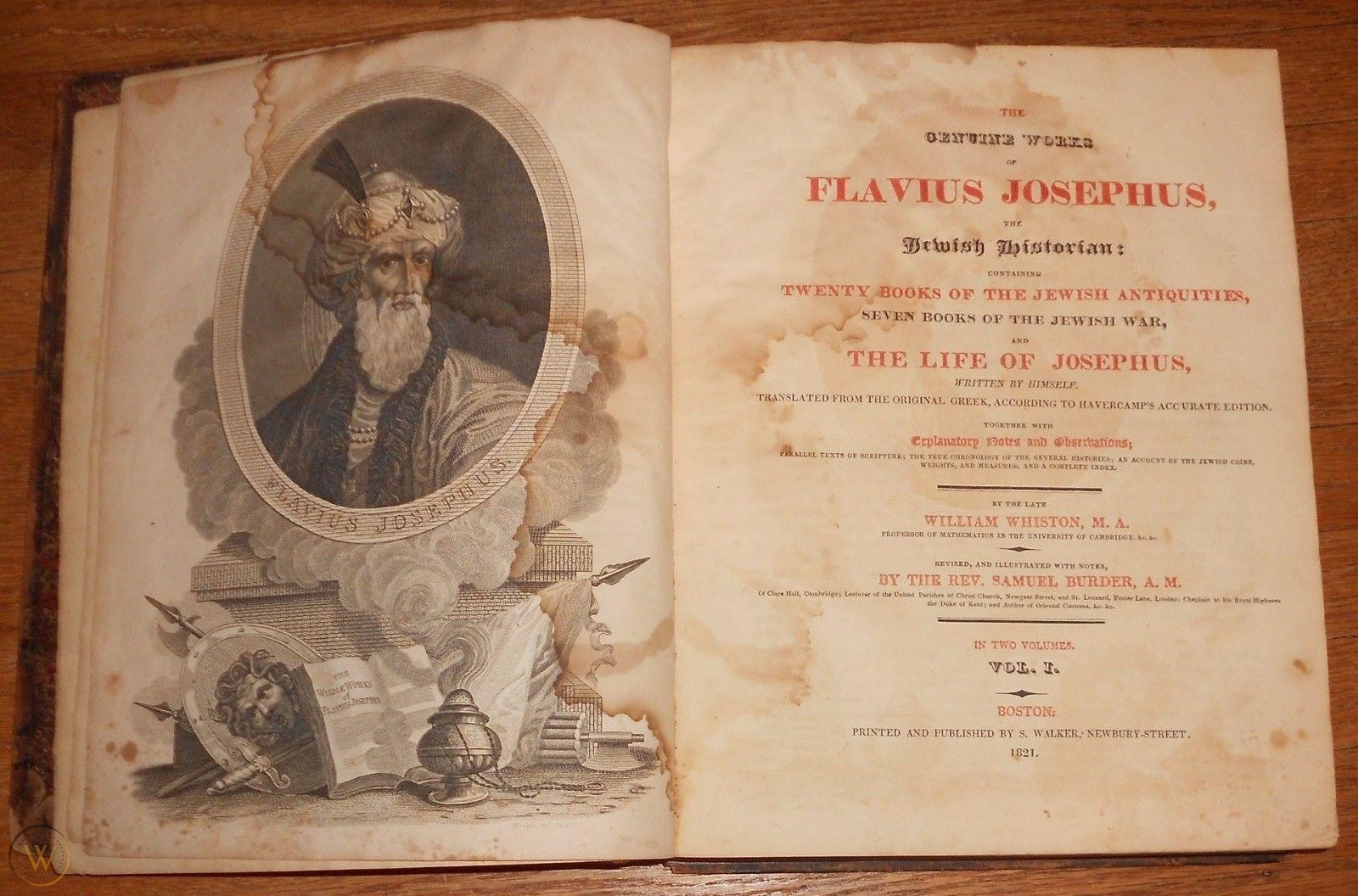By Sofia Mavrou,
Jesus Christ has been a controversial figure for more than 2,000 years. Most people ignore or even neglect His presence, and the things He has said or has done throughout the centuries considering, among other factors, the fact that they all are a made-up story in order to control the mentality and, as a result, the unity of the society. Even if someone does not acknowledge the divine existence of the Christian God, science has to be able to provide the public with sundry items about whether or not the man of God walked on our Earth 2,022 years ago and why has currently about 2.2 billion adherents around the world.

Researchers have spotted historical references to Jesus beyond Christian’s works, i.e. apostolic. Tacitus (c. 55/56-118 C.E.) a pagan historian who lived during the Roman period (27 BC-476 AD) mentions Christians and Jesus Christ in his last major work, titled Annals, written in 116-117 C.E. This work of his includes a biography of a man called Nero. In 64 C.E., Nero was suspected of secretly burning down a part of town so as to carry out a building project. To avoid punishment he tried to shift the blame to Christians. What follows is what Tacitus has written, translated from Latin by Robert Van Voorst:
“[N]either human effort [n]or the emperor’s generosity [n]or the placating of the gods ended the scandalous belief that the fire had been ordered [by Nero]. Therefore, to put down the rumor, Nero substituted culprits and punished in the most unusual ways those hated for their shameful acts… whom the crowd called “Christians.” The founder of this name, Christ [Christus in Latin], had been executed in the reign of Tiberius by the procurator Pontius Pilate… Suppressed for a time, the deadly superstition erupted again not only in Judea, the origin of this evil, but also in the city [Rome], where all things horrible and shameful from everywhere come together and become popular.”

Tacitus’ aforementioned statement proves that Jesus Christ was involved at the beginning of the Christian movement, He was chased in the areas of Judea and Rome, and lastly that He was executed in the times of Pontius Pilate’s governance. This description comports with the Bible gospels like it is.
One more non-Christian writer to talk about Jesus was a Pharisee and Jewish historian named Flavius Josephus who lived around AD 47-100. Josephus recorded the First Jewish-Roman War (66-70 AD) and his works shed light upon first-century Judaism and the background of Early Christianity. In the “Antiquities of the Jews” (c. 93 CE) Josephus says:
“About this time, there lived Jesus, a wise man, if indeed one ought to call him a man. For he was one who wrought surprising feats and was a teacher of such people as accept the truth gladly. He won over many Jews and many of Greeks. He was the Messiah. When Pilate, upon hearing him accused by men of the highest standing amongst us, had condemned him to be crucified, those who had in the first place come to love him did not give up their affection for him. On the third day, he appeared to them restored to life, for the prophets of God had prophesied these and countless other marvelous things about him. And the tribe of the Christians, so called after him, has still to this day not disappeared.”
All these are quite bizarre for a Pharisee. Worse yet for a loyal Pharisee, is the fact that Josephus duly notes the “rumor” (if you prefer) that Jesus Christ had been restored to life “on the third day”. Even though he was irrelevant to the Christian religion he felt the duty to write down the events objectively; by living aside personal views.
The article could keep going on infinitely with more references to Jesus Christ found in historical works but still, just having the details of the environment right may not satisfy the questioning attitude of humanity.

Dr. Simon Gathercole, a Professor of New Testament and Early Christianity at Fitzwilliam College supports that the writers of the time couldn’t care less about creating such an elaborate character; “It is also difficult to imagine why Christian writers would invent such a thoroughly Jewish savior figure in a time and place – under the aegis of the Roman empire – where there was a strong suspicion of Judaism.” The aforementioned notion is accepted by Byron McCane, an archaeologist and history professor at Florida Atlantic University who “can think of no other example who fits into their time and place so well but people say does not exist.”
The profusion of historical references leaves us with little reasonable doubt that Jesus lived, taught, and died. The question which is even more triggering and simultaneously outweighs history and objectivity is whether “the man Christ Jesus” (Timothy 1, 2:5) died yet lived.
References
-
Did Jesus Exist? Searching for Evidence beyond the Bible. biblicalarchaeology.org. Available here
-
3 Pieces of Historical Evidence for the Existence of Jesus Christ. bigthink.com. Available here
-
The Works of Josephus. Josephus.org. Available here
-
Did Jesus really exist?. gotquestions.org. Available here




